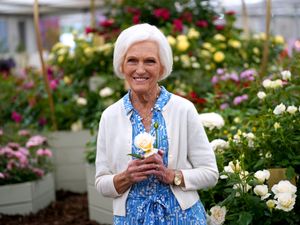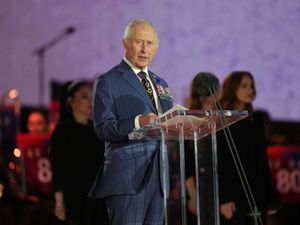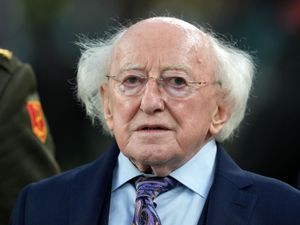Who has left the Government since Labour took power?
Andrew Gwynne’s sacking comes after the departures of Tulip Siddiq, Louise Haigh and Sue Gray.
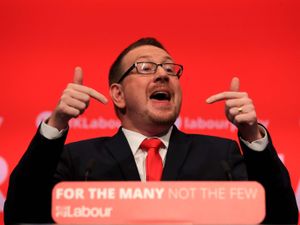
Minister Andrew Gwynne has become the fourth high-profile figure to leave Sir Keir Starmer’s Labour Government since the party’s election victory in July last year.
His sacking comes after the departures of Tulip Siddiq as Treasury minister in January, Louise Haigh as transport secretary in November and Sue Gray as Downing Street chief of staff in October.
– Andrew Gwynne
Andrew Gwynne was sacked as health minister by Sir Keir, and suspended from the Labour Party, over offensive comments he made in a WhatsApp group.
The MP for Gorton and Denton said he regrets making the “badly misjudged” comments and apologised “for any offence I’ve caused”.
The messages in a closed group chat with Labour figures based around Manchester reportedly included sexist, racist and antisemitic comments.
He also said he hoped a 72-year-old woman would soon have “croaked it”, after she asked a councillor about her bins and joked about a constituent being “mown down” by a truck.
The Labour Party said he had been suspended and that it was investigating comments made in the WhatsApp group.
He was first elected as an MP in 2005 and held shadow posts in health, social care and communities and local government when Labour was in opposition.
– Tulip Siddiq
The Labour MP for Hampstead and Highgate, who was first elected in 2015, stepped down as Treasury minister over allegations linked to her aunt’s political movement in Bangladesh.
Her aunt is the former Bangladeshi prime minister Sheikh Hasina, who fled into exile after being deposed last year and is facing an investigation by an anti-corruption commission in Bangladesh. Ms Siddiq is reportedly named as part of the case.

Ms Siddiq has also come under scrutiny over her use of properties in London linked to her aunt’s allies.
In a letter to Sir Keir she said she had not breached the ministerial code but that continuing in her role would be a “distraction”.
Sir Keir accepted her resignation “with sadness” and said she had made a “difficult decision” and that he wanted “to be clear that the door remains open for you going forward”.
Ms Siddiq, who was replaced in the Treasury by Emma Reynolds, had referred herself to the Prime Minister’s ethics tsar, Sir Laurie Magnus, who said he had not found any breach of the ministerial code but advised that Sir Keir reconsider her responsibilities.
– Louise Haigh
Ms Haigh resigned as transport secretary in November after it emerged that she had pleaded guilty to a criminal offence related to incorrectly telling police that a work mobile phone was stolen in 2013.
She had said she was mugged in London and gave police a list of stolen possessions, including a work phone, when she reported the incident.
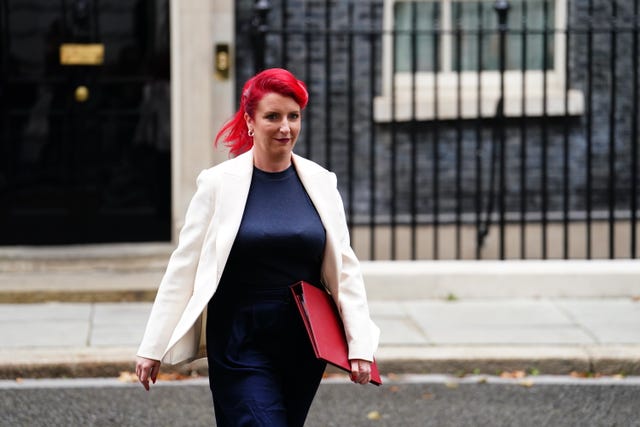
She said she later found the phone was still in her house.
In a letter to Sir Keir, she said: “I should have immediately informed my employer and not doing so straight away was a mistake.
“I appreciate that whatever the facts of the matter, this issue will inevitably be a distraction from delivering on the work of this Government and the policies to which we are both committed.”
It is understood the incident was disclosed to Sir Keir when she joined the shadow cabinet.
Ms Haigh pleaded guilty in court over the incident on the advice of a solicitor, and magistrates gave her the “lowest possible outcome”, she said in a statement.
It is understood that it was a fraud offence and that the conviction is now spent.
Ms Haigh has been Sheffield Heeley MP since 2015 and held a number of shadow ministerial and shadow cabinet roles before becoming transport secretary when Labour won the election in July.
Before she entered politics she spent time as a special constable.
She was replaced by Heidi Alexander as Transport Secretary in late November.
– Sue Gray
Ms Gray quit as the Downing Street chief of staff in October, less than 100 days into Sir Keir’s Government, over fears she was “becoming a distraction”.
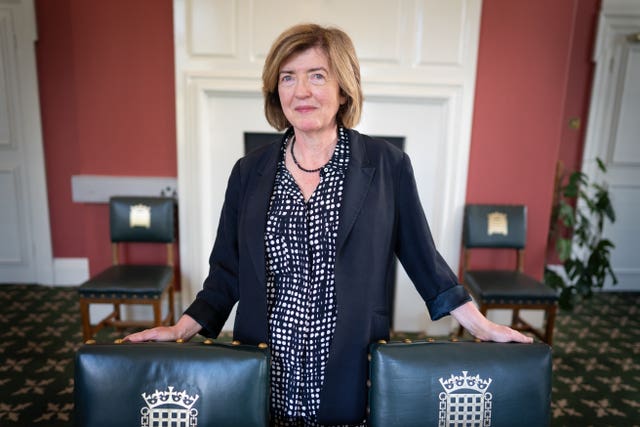
The partygate report author had been a high-profile figure in the Prime Minister’s top team since she was appointed while Labour was in opposition in 2023.
But in the weeks leading up to her resignation, Number 10 had been plagued by reports of infighting, as rows over Ms Gray’s salary and Government freebies began to dominate the headlines.
It was leaked to the BBC that Ms Gray was earning more than the Prime Minister, amid a series of briefings against her as chief of staff.
The broadcaster was told that she was earning £170,000 – £3,000 more than Sir Keir.
Her departure triggered a wider reshuffle of the Downing Street operation.
She was replaced as chief of staff by Morgan McSweeney, one of the key figures in Labour’s election campaign, who is reported to have clashed with his predecessor.
Ms Gray was to have become an envoy to the nations and regions after a break from government, but No 10 announced a month after her resignation that she had decided not to take the role.



